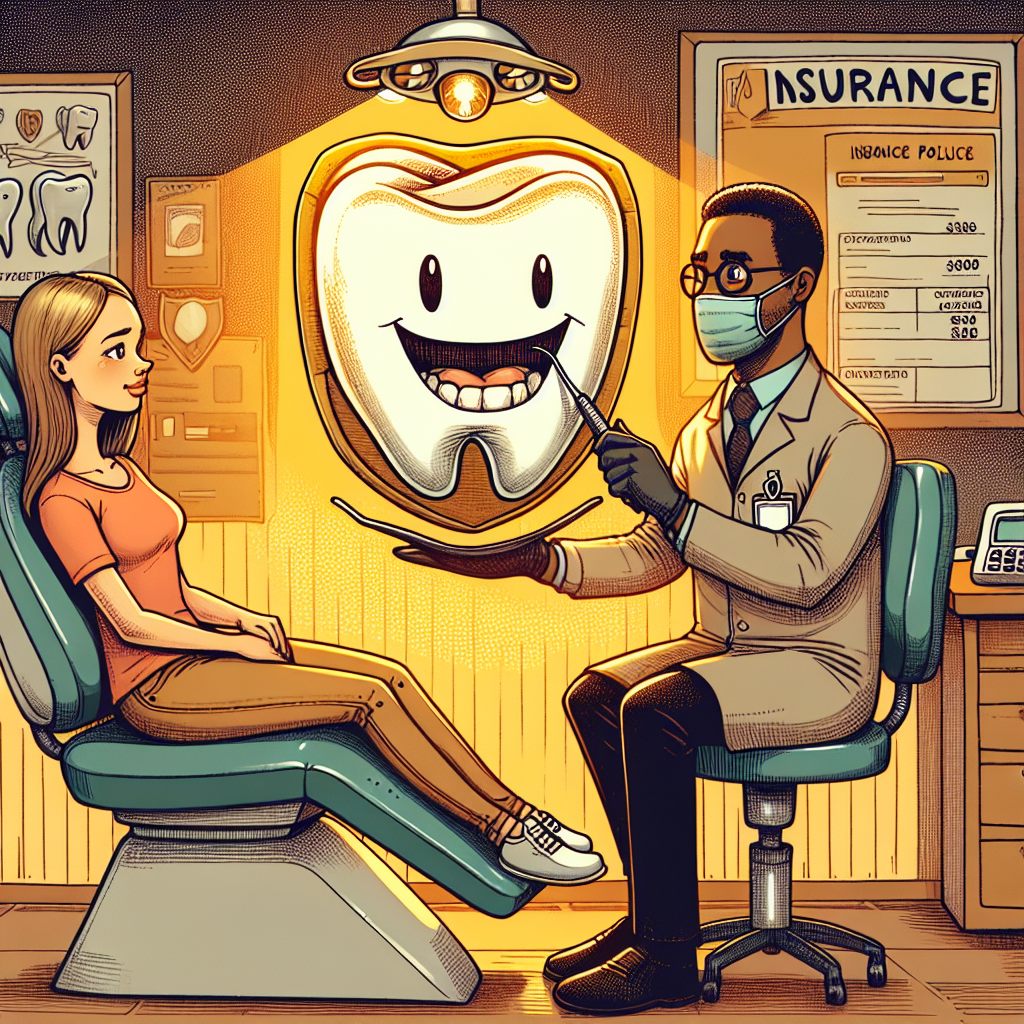Filed under Health Insurance on
Is Wisdom Teeth Removal Covered by Health Insurance?

Getting your wisdom teeth removed is a common dental procedure, especially for young adults. Many individuals face this dental milestone with apprehension, not only due to the surgery itself but also because of the potential financial implications. A frequent question that arises is: "Is wisdom teeth removal covered by health insurance?" Understanding how health insurance applies to dental procedures can significantly alleviate these concerns. Below, we delve into this topic, exploring what you can expect, how insurance factors into the cost, and what steps you can take to ensure coverage.
Understanding Wisdom Teeth Extraction
Wisdom teeth, the third set of molars typically emerging in late adolescence or early adulthood, can often lead to complications. Common issues include overcrowding, misalignment, impaction, or even cyst formation. These problems can make removal not just advisable, but necessary. Given the medical basis for extraction, many wonder about the insurance coverage options available.
How Health Insurance Versus Dental Insurance Covers Wisdom Teeth Removal
When considering whether wisdom teeth removal is covered by health insurance, it's crucial to distinguish between health insurance and dental insurance. Here's how each type of insurance plays a role:
Health Insurance Coverage
Health insurance typically covers procedures deemed "medically necessary." If your wisdom teeth are causing significant health issues, such as infection or damage to nearby teeth, the removal might fall into this category. In such cases, your health plan may cover part of the costs. However, coverage can vary widely based on the insurer and the specific policy details. It's essential to consult your plan’s benefits guide or speak directly with your insurer.
Dental Insurance Coverage
Dental insurance often covers wisdom teeth extraction, particularly if it's a preventive measure. Routine removal to prevent future oral health issues is generally considered part of dental health responsibilities. Policies usually include a waiting period for such procedures and might also have annual maximums impacting the extent of financial assistance. Understanding your dental plan’s policy specifics can shed light on your out-of-pocket expenses.
Navigating Insurance Policies for Wisdom Teeth Removal
Each insurance provider has its own set of policies regarding wisdom teeth removal, which can make navigating these waters challenging. Here’s a guide to help you manage insurance discussions effectively:
1. Verify the Necessity of Removal
Before approaching insurance companies, get a professional assessment from your dentist or oral surgeon, who can provide documentation indicating whether the removal is medically necessary. This can significantly impact whether your procedure is considered covered under "medical" or "dental" needs.
2. Examine Your Insurance Policy
Reviewing the fine print in both your health and dental insurance policies can reveal vital information about coverage. Look for sections on surgical procedures, out-of-network provisions, and any exclusions that might apply.
3. Seek Preauthorization
Some insurance plans require preauthorization before major procedures. This involves submitting a proposal from your dental provider that includes potential costs and the reasons for surgery. Preauthorization can prevent unexpected denials of coverage after the fact.
4. Explore Out-of-Pocket Costs
Insurance rarely covers all costs, and copayments, coinsurance, or deductibles might apply. Inquire about specific out-of-pocket expenses you might incur and evaluate your ability to work with payment arrangements if necessary.
Industry Trends in Insurance for Dental Procedures
The landscape of dental procedure coverage is evolving. Companies increasingly acknowledge the correlation between oral and overall health, prompting some to broaden health insurance coverage scopes to include more dental procedures. This trend might mean more comprehensive policies in the future, but the small print remains king for current policies.
In recent times, there's also been a push towards digital healthcare solutions, with many insurers offering telehealth consultations for preliminary assessments. This convenience may influence how you approach your wisdom teeth journey, providing a digital avenue to initial evaluations or post-surgery check-ins.
Expert Opinions on Managing Insurance for Wisdom Teeth Removal
- Professional Dental Associations: Many dental associations recommend checking for multi-tier coverage approaches, ensuring patients are aware of all potential cost offsets.
- Financial Advisors: They often suggest setting up a Health Savings Account (HSA) to accumulate funds that can smoothly cover unexpected medical or dental expenses.
- Insurance Brokers: Consulting with experienced insurance brokers can unveil lesser-known policy perks or alternative insurance options that better suit your needs.
Preparing for a Wisdom Teeth Removal Procedure
Beyond insurance, preparation is vital to a smooth recovery from wisdom teeth removal. Here are a few quick tips to get you ready:
- Plan Recovery Time: Surgery usually requires a few days of downtime. Plan to take time off work or school accordingly.
- Stock Up On Essentials: Soft foods, ice packs, and over-the-counter pain relief might be necessary post-procedure. Being prepared can enhance your comfort during recovery.
- Follow Post-op Instructions: Adhering to any recovery guidance from your oral surgeon, including diet and activity restrictions, supports quicker healing.
Maximizing Insurance Benefits
To make the most of your insurance benefits for wisdom teeth removal, maintain regular communication with both your insurers and dental providers. Solid, open channels satisfy the triangulate of information necessary to secure maximum cost coverage, minimize misunderstandings, and empower you as a policyholder.
Final Thoughts on Insurance and Wisdom Teeth Removal
The answer to "Is wisdom teeth removal covered by health insurance?" lies within the specifics of individual policies. Navigating this can be complex, but armed with appropriate knowledge and resourcefulness, you can ensure that you’re aligning your health and dental insurance policies to your benefit. Don't hesitate to reach out for professional guidance if needed, and approach the process proactively to maximize the financial support available to you.
Ultimately, understanding your insurance coverages thoroughly not only prevents financial surprises but also empowers you in taking decisive steps towards a healthier, more confident smile.





